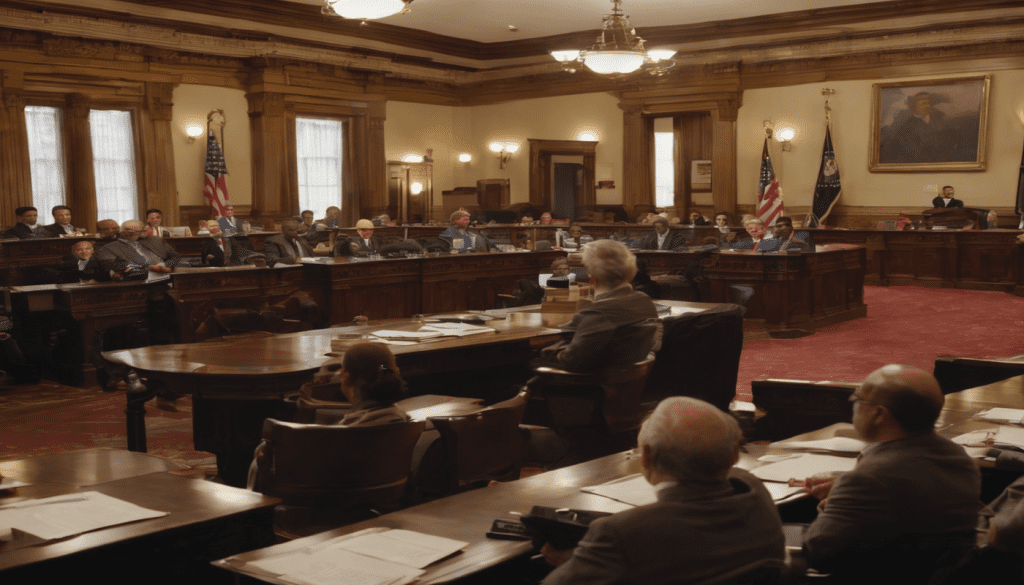WASHINGTON — Senator Lindsey Graham of South Carolina announced during a press conference on Wednesday that the passage of a multi-billion-dollar supplemental package depends on curtailing an executive authority used for granting immigration protection. He emphasized the crucial role of addressing parole as a condition for any deal, labeling it a “red line” for Senate Republicans. The remarks were made in conjunction with Senate Republican Whip John Thune of South Dakota.
Graham’s statement came as President Joe Biden met with congressional leaders to advocate for over $100 billion in aid for Ukraine, Israel, Taiwan, and U.S. border security. Republicans have tied changes in immigration policy to their support for the supplemental package, essential for aiding countries aligned with the U.S.
While negotiations are ongoing, Thune acknowledged significant progress in terms of policies, including dealing with asylum and implementing border security measures such as physical or technical barriers.
The increased focus on immigration policy in Congress follows the Iowa caucuses, where former President Donald Trump secured victory and pledged to advocate for stricter immigration policies in his reelection campaign. House Republicans conducted hearings criticizing the Biden administration’s immigration policy, alongside ongoing impeachment proceedings for U.S. Department of Homeland Security Secretary Alejandro Mayorkas.
The House also passed a resolution condemning the Biden administration’s immigration policy at the border, with 14 Democrats joining Republicans in the vote.
The report sheds light on the Biden administration’s use of executive authority to grant parole as a means to handle the surge of people at the Southern border. Senator James Lankford of Oklahoma, Republicans’ lead negotiator on border policy, has negotiated meaningful reforms, but Graham insists that addressing parole is essential for the success of these reforms.
While no specific bill text or framework for an immigration deal has been presented, Republicans have considered raising the bar for asylum claims and limiting the use of parole authority by the White House.
Graham warned fellow Republicans to accept the deal negotiated in the Senate and White House, emphasizing that failure to do so could result in Democrats pushing for a pathway to citizenship if Trump returns to the White House in 2025.
Senator Chris Murphy, designated by Democrats for immigration policy negotiations, stated that the Senate is close to a deal focused on providing the executive branch with new tools to manage the border while upholding the nation’s values as a nation of immigrants.
House Speaker Mike Johnson continues to advocate for hard-line immigration policies, while a bipartisan group in the Senate, including independent Kyrsten Sinema of Arizona, works towards an immigration deal. Schumer considers H.R. 2, a House bill with strict immigration policies, a nonstarter in the Senate, emphasizing the need for bipartisan support on such a complex and contentious issue.
Oversight hearings in the House have focused on how the Biden administration rolled back Trump-era immigration policies, including the “Remain in Mexico” policy and the “Muslim ban.” Republicans argue that funding alone will not solve the border issues, insisting on enforcing U.S. immigration law. Democrats view the ongoing negotiations and supplemental package as essential for addressing challenges at the border and criticize extreme Republicans for using immigration as a political tool.
Source: Missouri Independent




















